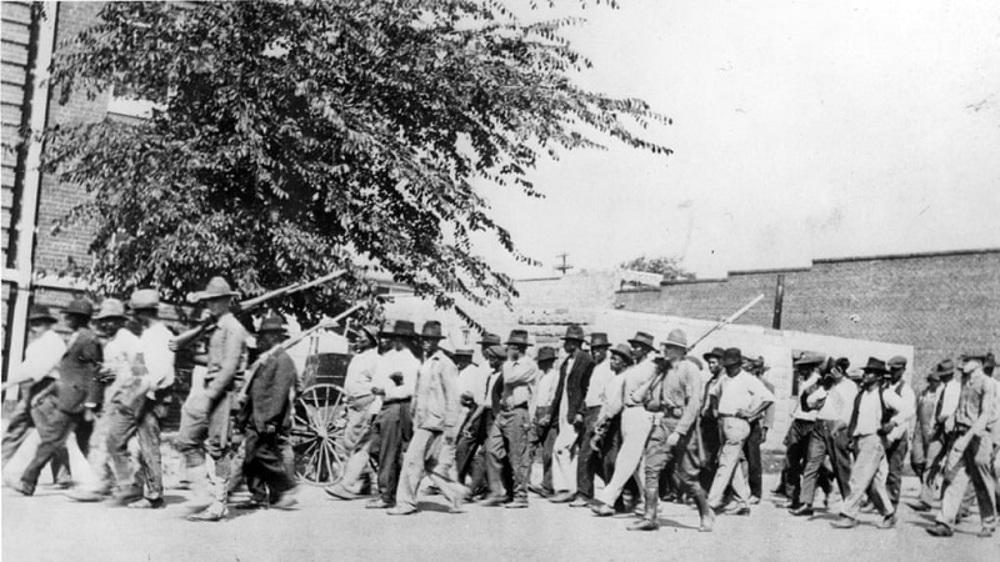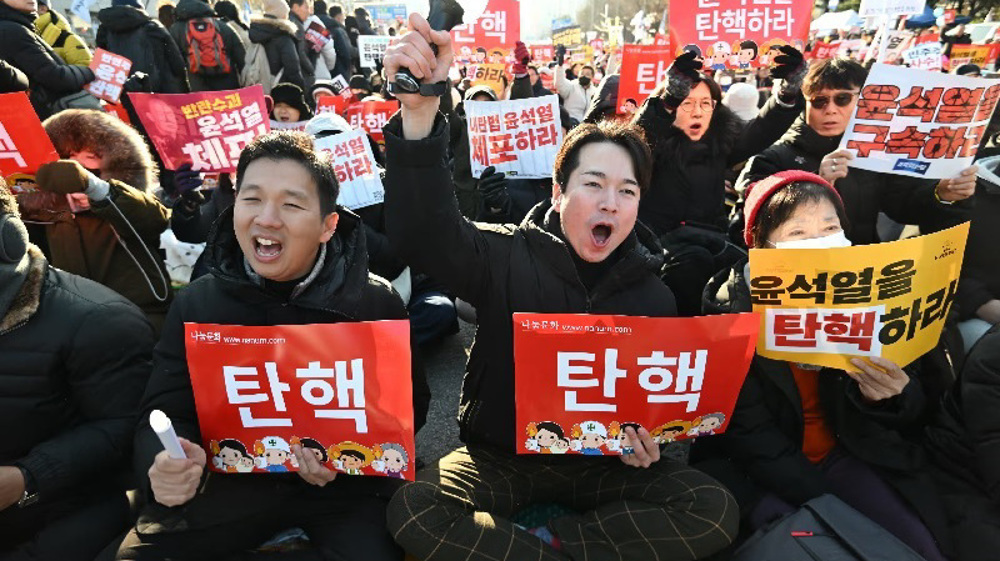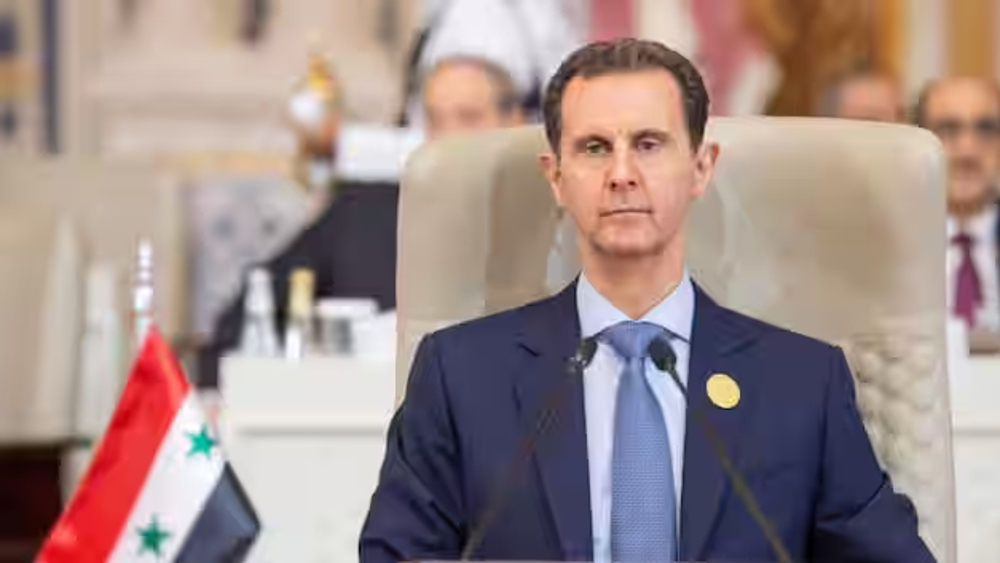First presidential visit to Tulsa since the massacre one hundred years ago
US President Joe Biden says the country needs to acknowledge its dark history of racial injustice during a visit to Tulsa, Oklahoma, where he joined the commemoration marking the Tulsa massacre.
Biden is the first sitting US president to do so, 100 years after one of America's darkest episodes of deadly racial violence.
He led a minute of silence for the mass killings of African Americans in the city's Greenwood district, where the death and destruction took place.
The US president denounced the rise in white supremacy and the danger it poses today.
Today, the threat of white supremacy and racism looms over the United States, because it is inherently embedded into the political and economic system of the United States, the very political foundations of this country remain intact, the same way that they existed during the Tulsa massacre. Nothing has changed.
Ramiro Funez, Activist and Commentator
Intelligence agencies have recently reported that terrorism from white supremacy is currently the most lethal threat to America.
Analysts say white supremacy had never really left America, that former President Donald Trump just tapped into it, and allowed the ideology to morph openly back into the public sphere, to boost his popularity among voters.
Trump himself was labeled racist and the damage he left behind, especially the insurrection on the Capitol by his white supremacist supporters after he lost the presidential election four months ago will make the problem much more difficult to fix.
At the commemoration event the three remaining survivors of the massacre were present. Viola Fletcher, Hughes Van Ellis and Lessie Benningfield Randall, carry the scars of that brutal day. Biden met with them but critics say more needs to be done.
There has been a lack of public awareness of what happened in Greenwood Tulsa. Over the years, public awareness has grown but for decades the incident was not taught at schools or reported in local newspapers.
Insurance companies had refused to pay for the damage resulting from the riots, including to home and business owners, and no one had been prosecuted for the violence.
Analysts say it's all part of the systematic racism against the African American community that existed then and continues to live on today.
Last year the murder of George Floyd by a white police officer was captured on camera and sparked mass protests nationwide.
Systemic racism in the United States manifests itself in different forms; it manifests itself, especially in the economic realm.
The majority of poor people in the United States are black, brown and indigenous peoples.
There are communities in the United States, like the South Bronx in New York, that are predominantly black and Latino.
Alabama and Mississippi; historically 80% - 90% Black, and Navajo Nation in the southwest, which is historically indigenous, the Navajo indigenous people. These are some of the poorest areas of the country, the conditions that exist in the urban impoverished parts of the United States, resemble the conditions of global south countries that have been pillaged by imperialism.
Ramiro Funez, Activist and Commentator
Speaking in Tulsa Biden said he wants to improve the lives of black Americans, he pledged to spend more money supporting minority owned businesses and narrowing the racial wealth gap.
He also denounced the bills being pushed by both houses of Congress to restrict voting rights.
Opponents of these bills say it will disproportionately limit voting access for African Americans, Biden says these rights must be protected.
Critics in the African American community say they have heard it all before.

‘Ghost town’: 70% of Jabalia buildings destroyed by Israel
Mother’s Day: Sareh Javanmardi’s inspiring journey as Paralympic champion and mother
Russia downs over 40 Ukrainian drones as Putin vows 'destruction' on Kiev
VIDEO | Yemen: A bone in Israeli neck
D-8’s role in Iran’s economy after Cairo summit
China slams US as ‘war-addicted’ threat to global security
China ‘firmly opposes’ US military aid to Taiwan
VIDEO | Press TV's News Headlines














 This makes it easy to access the Press TV website
This makes it easy to access the Press TV website